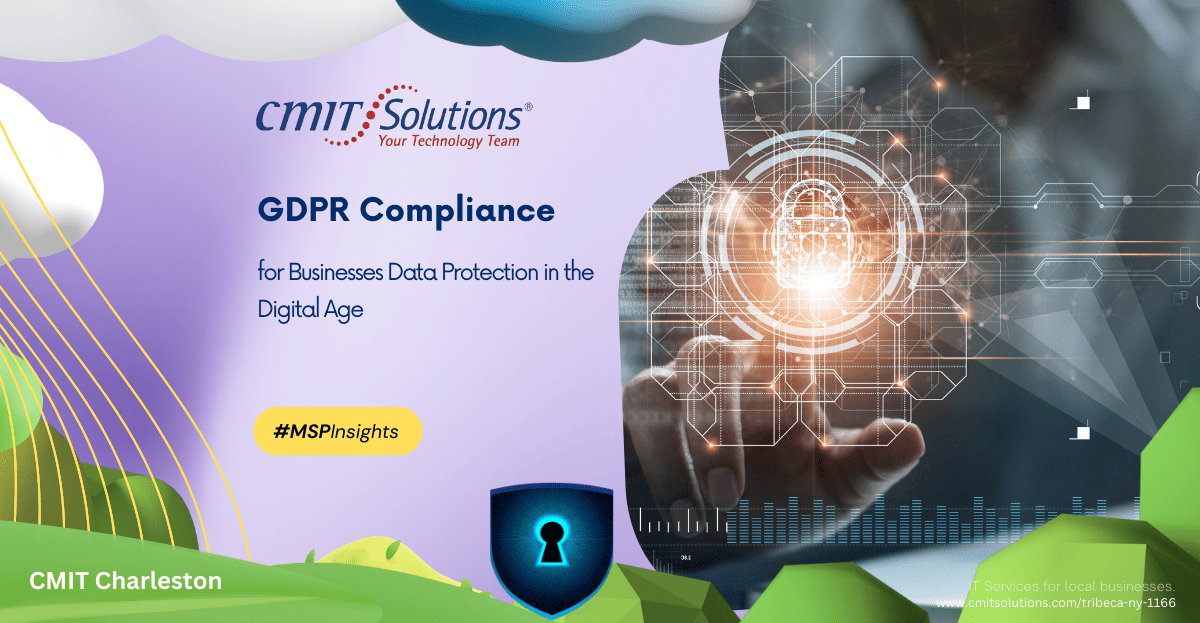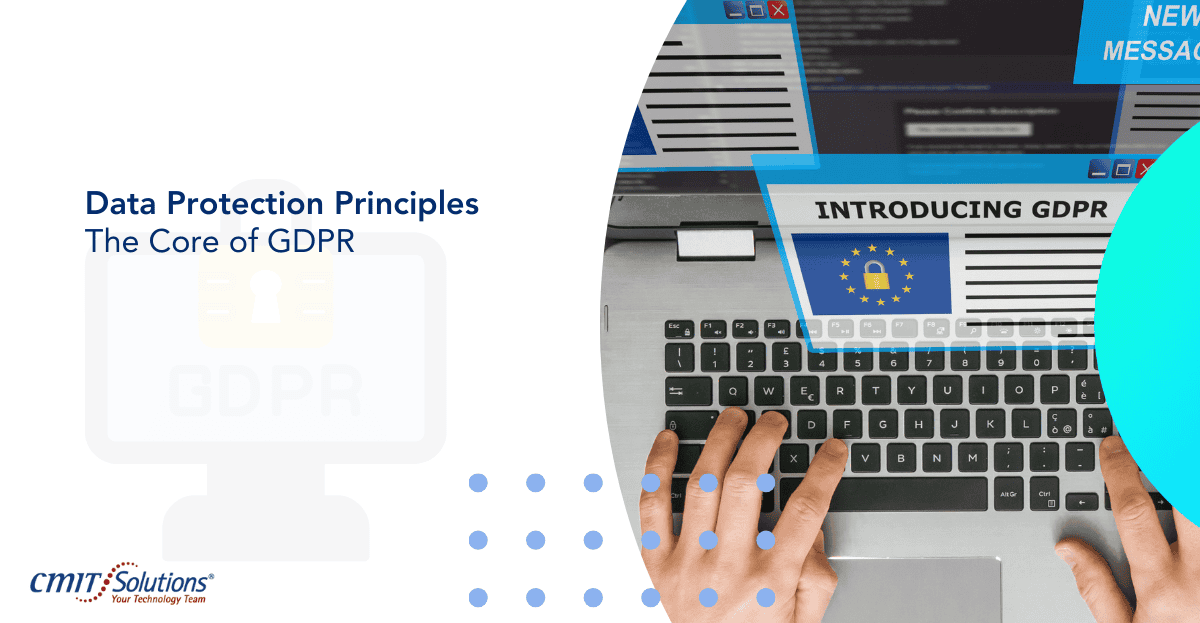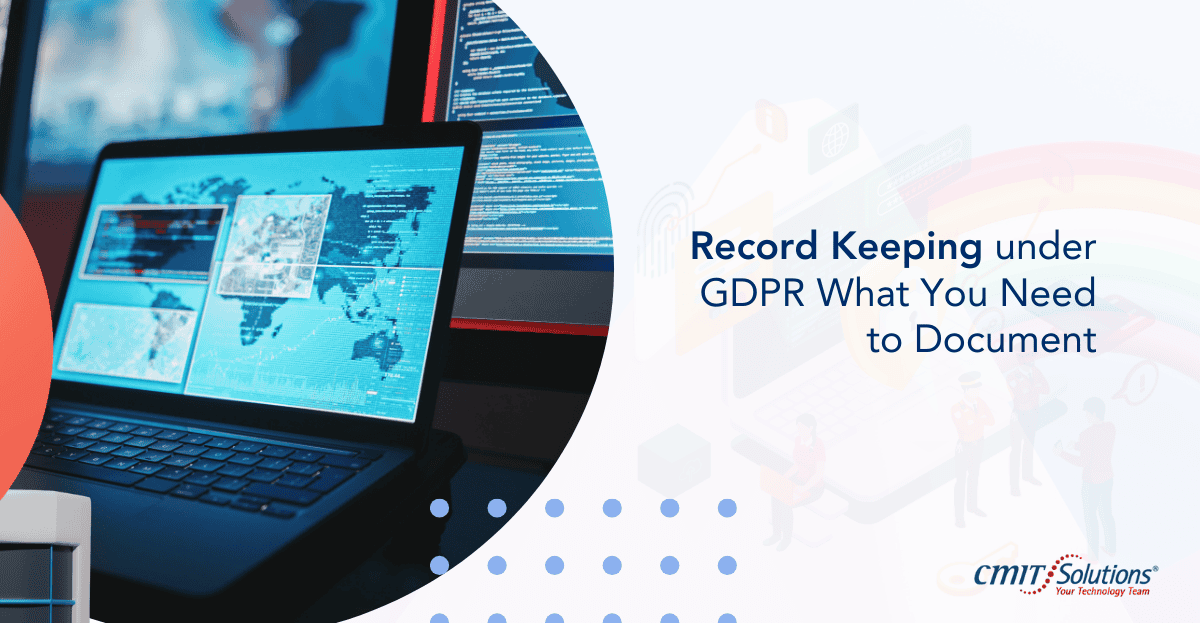In today’s interconnected world, where data flows freely across borders and digital technologies power business operations, ensuring the privacy and security of personal data has become paramount. The General Data Protection Regulation (GDPR) stands as a beacon of protection for individuals’ rights and imposes stringent obligations on businesses that handle personal data. In this comprehensive guide, we’ll delve into various aspects of GDPR compliance for businesses, offering insights, strategies, and best practices to navigate the intricate landscape of data protection in the digital age.
Understanding GDPR: The Basics for Businesses
GDPR represents a significant overhaul of data protection laws, aiming to harmonize regulations across the European Union (EU) and empower individuals with greater control over their personal data. It applies to any organization that processes EU residents’ personal data, regardless of their location. Businesses must understand the key principles and provisions of GDPR to ensure compliance and avoid hefty fines.
The Importance of GDPR Compliance for Modern Enterprises
Compliance with GDPR isn’t just a legal obligation; it’s also a strategic imperative for modern enterprises. Beyond avoiding financial penalties, GDPR compliance fosters trust among customers, enhances reputation, and mitigates the risk of data breaches, which can have far-reaching consequences on brand integrity and customer loyalty.
Data Protection Principles: The Core of GDPR
At the heart of GDPR lie its fundamental data protection principles, including lawfulness, fairness, and transparency in data processing; purpose limitation; data minimization; accuracy; storage limitation; integrity and confidentiality; and accountability. Businesses must adhere to these principles throughout their data processing activities to ensure compliance.
Rights of Individuals under GDPR: What Businesses Need to Know
GDPR grants individuals a range of rights concerning their personal data, such as the right to access, rectification, erasure, restriction of processing, data portability, and objection to processing. Businesses must have robust procedures in place to facilitate the exercise of these rights by data subjects.
The Role of Data Protection Officers in Ensuring GDPR Compliance
Appointing a Data Protection Officer (DPO) is mandatory for certain organizations under GDPR. The DPO plays a crucial role in overseeing GDPR compliance, advising on data protection matters, and serving as a point of contact for data subjects and supervisory authorities.
Risk Assessment: Identifying Data Protection Challenges
Conducting regular risk assessments is essential for identifying vulnerabilities and potential threats to data security. By assessing risks associated with data processing activities, businesses can implement appropriate safeguards and controls to mitigate these risks effectively.
Implementing GDPR: A Step-by-Step Guide for Businesses
Achieving GDPR compliance requires a structured approach encompassing policies, procedures, and technical measures. Businesses should develop a comprehensive compliance program, including data protection policies, privacy notices, consent mechanisms, and security measures tailored to their specific operations.
Data Breaches and GDPR: Prevention and Response Strategies
Data breaches pose significant risks to organizations, ranging from financial losses to reputational damage. GDPR mandates prompt notification of data breaches to supervisory authorities and affected individuals. Businesses must have robust incident response plans in place to detect, contain, and mitigate the impact of breaches.
GDPR and Digital Marketing: Navigating the New Landscape
GDPR has profound implications for digital marketing practices, particularly concerning consent, data profiling, and targeted advertising. Businesses must ensure compliance with GDPR requirements when collecting, processing, and utilizing personal data for marketing purposes.
International Data Transfers under GDPR: Rules and Regulations
Transferring personal data outside the EU entails compliance with GDPR’s strict rules on international data transfers. Businesses must assess the adequacy of data protection in the recipient country, implement appropriate safeguards, such as Standard Contractual Clauses or Binding Corporate Rules, and obtain explicit consent from data subjects when necessary.
GDPR Compliance Checklist: Essential Steps for Businesses
To streamline the compliance process, businesses can utilize a GDPR compliance checklist encompassing key requirements, such as conducting data protection impact assessments, appointing a DPO, implementing security measures, providing staff training, and maintaining detailed records of data processing activities.
Training Employees on GDPR: Best Practices
Employee awareness and training are critical components of GDPR compliance. Businesses should provide comprehensive training programs to educate employees about their obligations under GDPR, raise awareness of data protection risks, and foster a culture of privacy and compliance within the organization.
Record Keeping under GDPR: What You Need to Document

Maintaining detailed records of data processing activities is a fundamental requirement under GDPR. Businesses must keep records of processing activities, data subject consent, data breaches, and compliance measures to demonstrate accountability and transparency to supervisory authorities.
Data Subject Access Requests: Handling Procedures
GDPR grants individuals the right to obtain access to their personal data held by businesses. Establishing efficient procedures for handling data subject access requests is essential to ensure timely responses and compliance with GDPR requirements.
Third-Party Vendors and GDPR: Ensuring Compliance Across the Board
Businesses must extend GDPR compliance obligations to third-party vendors and service providers that process personal data on their behalf. Implementing robust contracts and conducting due diligence on vendors’ data protection practices are essential steps to ensure compliance across the board.
GDPR Audits: Preparing Your Business for Scrutiny
Regular audits are vital for assessing and verifying GDPR compliance efforts. Businesses should conduct internal audits or engage external auditors to evaluate adherence to GDPR requirements, identify areas for improvement, and demonstrate accountability to supervisory authorities.
Technology Solutions for GDPR Compliance
Technology plays a crucial role in facilitating GDPR compliance, offering solutions such as data encryption, access controls, anonymization techniques, and privacy-enhancing technologies. Businesses should leverage appropriate technologies to enhance data security and privacy protection.
GDPR Fines and Penalties: Understanding the Consequences of Non-Compliance
Non-compliance with GDPR can result in severe financial penalties, ranging up to €20 million or 4% of annual global turnover, whichever is higher. Understanding the potential consequences of non-compliance underscores the importance of prioritizing GDPR compliance efforts.
The Future of Data Protection: Trends and Predictions
As technology evolves and data volumes continue to grow, the landscape of data protection will undergo further transformation. Emerging trends such as artificial intelligence, Internet of Things (IoT), and decentralized technologies will shape the future of data protection, necessitating ongoing adaptation and innovation in compliance strategies.
Conclusion: Embracing GDPR for a Secure Digital Future
GDPR represents a paradigm shift in data protection, emphasizing accountability, transparency, and individual rights. Businesses that embrace GDPR compliance not only uphold legal obligations but also safeguard customer trust and competitiveness in the digital marketplace. By prioritizing data protection principles and adopting robust compliance measures, businesses can navigate the complexities of the digital age while ensuring a secure and ethical handling of personal data.
In conclusion, achieving GDPR compliance is a multifaceted endeavor that requires commitment, diligence, and ongoing vigilance. By partnering with trusted advisors such as CMIT Charleston, businesses can access expert guidance and support in navigating the complexities of GDPR compliance, safeguarding data privacy, and fostering a culture of compliance within their organizations. Together, we can embrace GDPR for a secure digital future, where privacy rights are respected, and data protection is prioritized.






